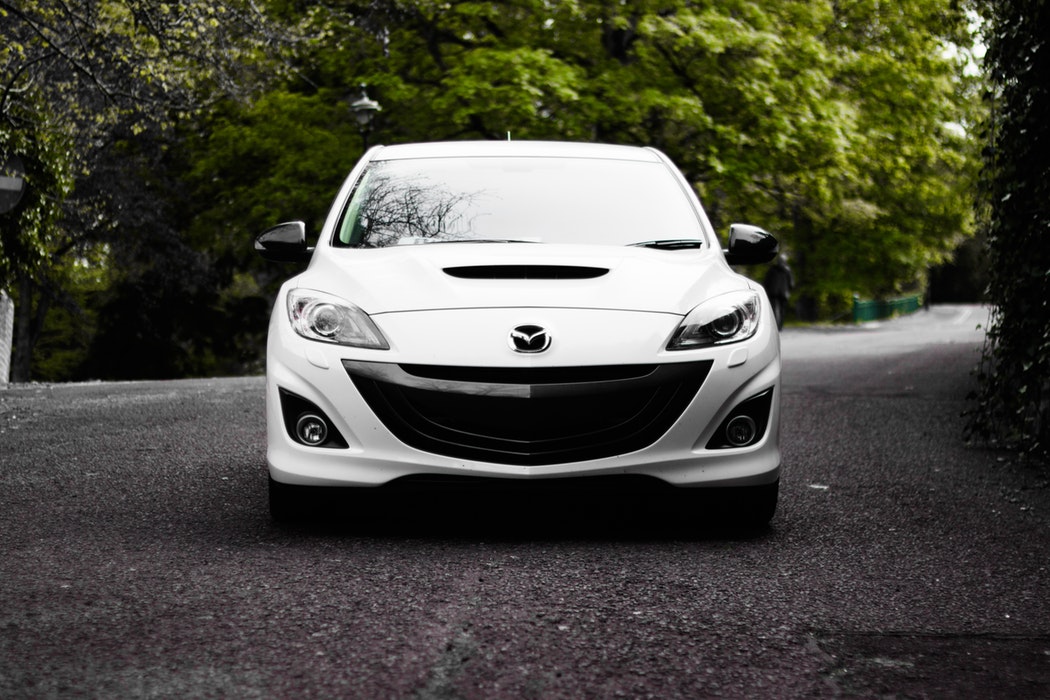For most people, the name Felix Wankel doesn't ring a bell, but car aficionados around the world are familiar with the pioneering inventor of a one-of-a-kind rotary engine. After the Wankel engine's development, this pistonless powerhouse was often associated with Japanese automaker Mazda, which produced the Mazda Wankel rotary engine from 1967 to 2012.
The Engine 
Truly elegant in its design and function, this rotary engine has no piston-driven cylinders. A single triangular rotor spins around an off-center axle within an oval-shaped chamber. Unlike a piston engine, it exerts exclusively rotational forces using only two moving parts. This simplicity creates fewer vibrations, resulting in a smoother and quieter ride.
The Mazda Wankel engine's streamlined design allowed for much faster acceleration, but early models suffered from seal and stability issues during sustained high-speed rotations, which sometimes required engine repairs.
The Inventor
Felix Wankel was born in Imperial Germany in 1902 and had an interest in mechanics since his childhood. Despite his engineering achievements, he never earned a university degree. Regrettably, Wankel had ties to the Nazis and served as an officer of the SS. It was the Nazis, though, who gave him the backing to develop an idea first conceived in his teens, “a new type of engine, half turbine, half reciprocating” with no pistons. However, it wasn't until 1957 that a partnership with NSU Motorenwerke AG, now known as Audi, produced a working prototype of Wankel’s innovative engine. The 1964 NSU Spider was the world’s first commercial car to feature a Wankel rotary engine.
The Mazda Wankel
The Mazda Wankel rotary engine debuted in the stylish 1967 Cosmo. Over the next 45 years, the Japanese automaker perfected the Mazda Wankel in successful niche models like the R100 and R7. Unfortunately, not even Mazda’s R&D expertise could make the engine viable in today's greener auto market. The Mazda Wankel was dealt a fatal blow when it failed the Euro-5 emissions test in 2010.
The Renesis, in the 2012 R8, was the last Mazda Wankel produced, but rotary engines live on. A miniature version now powers the emergency pretensioner systems of the seatbelts found in some Volkswagen and Mercedes-Benz models, ironically reconnecting the Wankel with its German roots. In October 2018, Mazda hinted at the possibility of reintroducing the Mazda Wankel in its upcoming electric car models.
Mazda Wankel Maintenance
A+ Japanese Auto Repair Inc. has been servicing Mazdas in San Carlos and the rest of the San Mateo County since 1997. To schedule a maintenance appointment today, call us at (650) 595-2277 or fill out our convenient form.